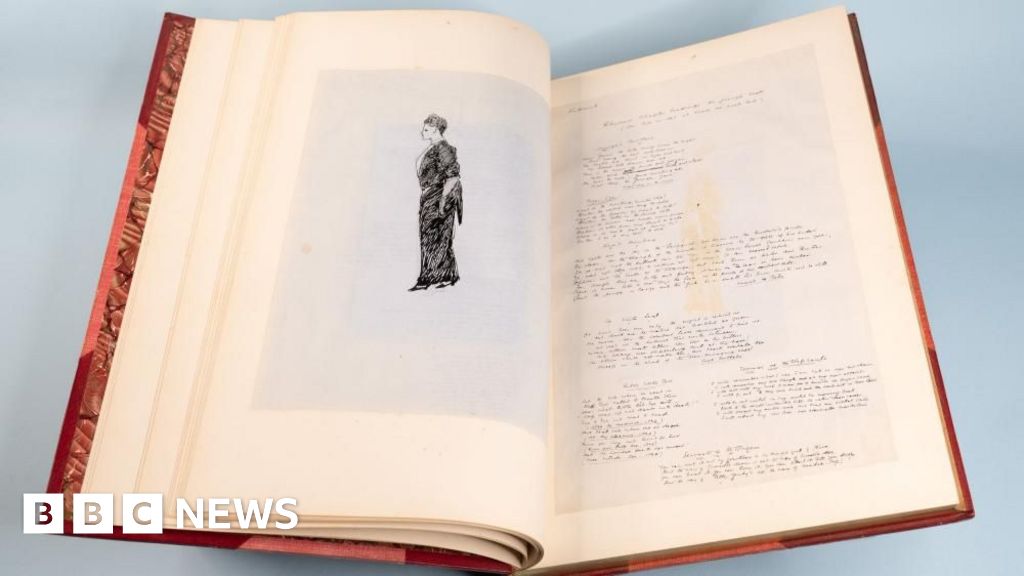
Page proofs of the classic tale The Jungle Book written by Rudyard Kipling have been allocated to Cambridge University Library.
They were awarded through the government’s Acceptance in Lieu scheme where inheritance tax bills are written off in exchange for important cultural, scientific or historic objects.
Sir Chris Bryant, arts minister, said the proofs would be showcased and contextualised so members of the public could be “educated, inspired and entertained for years to come”.
The Jungle Book, published in 1894, inspired Disney’s 1967 cartoon film of the same name and a 2016 remake.
The proofs are part of a collection originally associated with Victorian literary agent AP Watt.
They feature multiple volumes, including Kipling’s Puck of Pook’s Hill and Rewards and Fairies, which includes the renowned poem If.
A manuscript of the poem was previously donated to the library by the author himself.
Sir Chris, minister for creative industries, arts and tourism, added: “Now that these proofs will be available at Cambridge University Library, I’m sure they will provide more than the bare necessities for academics, aspiring novelists and self-confessed bookworms.”
Kipling, whose views on colonialism and the Empire have led to a more critical reinterpretation of his life and work in the 21st century, was perhaps the most beloved British author of the late 19th and early 20th centuries.
In 1907, he became the first English-language writer to receive the Nobel Prize for Literature.
John Wells, senior archivist at Cambridge University Library, said: “Taken together, the treasures found in the AP Watt collection are an exceptional accumulation of manuscripts and proofs of commercial prose from an era widely regarded as the heyday of the popular novel in this country.
“While Kipling’s legacy has been scrutinised more closely over recent years, there is little argument about his presence and place in the UK’s literary history or the enduring popularity of many of his works.”
As part of the collection, the university’s Pembroke College was also allocated a travelling writing desk which belonged to Wilkie Collins, author of The Woman in White and The Moonstone.
Nick Watt, AP Watt’s great-great grandson, said: “The Watt family are delighted that the AP Watt Collection will now remain in the UK, freely accessible for research into the contribution made by our great-great grandfather and great grandfather to the literary world of the late 19th and early 20th centuries.”